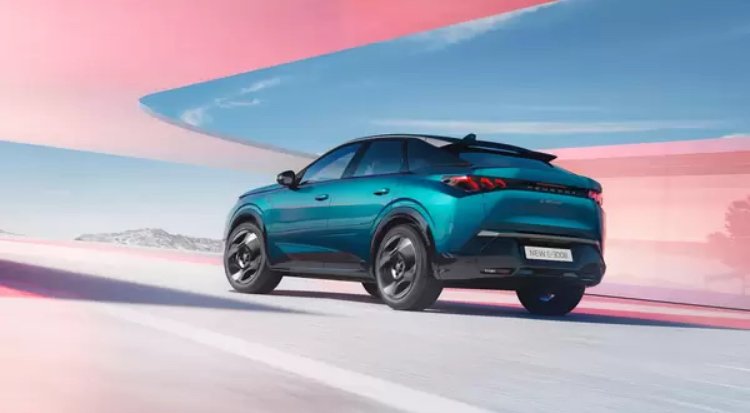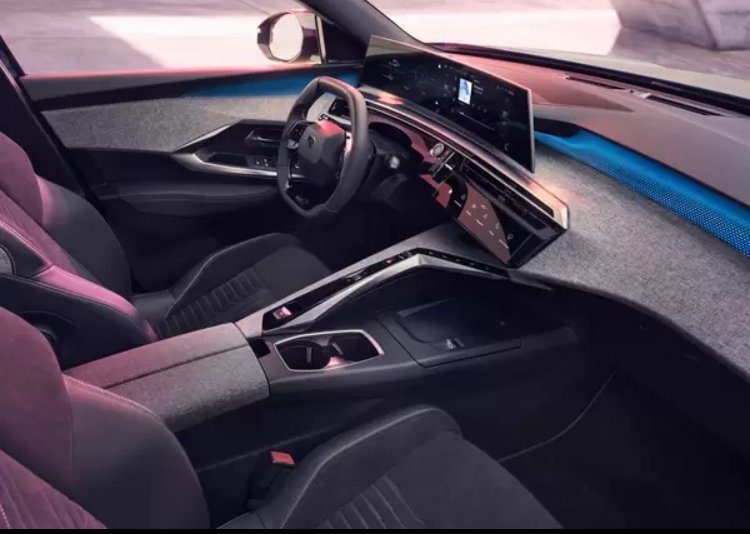Peugeot e-3008 and the Price of Electrification in the Car Industry
Electric cars, a big dent in the family budget
In recent years, the automotive industry has been navigating a significant transformation towards electrification. As governments worldwide implement stricter emissions regulations and consumers demand more sustainable transportation options, traditional car manufacturers are facing the daunting task of overhauling their fleets. One such example is the Peugeot e-3008, a symbol of both progress and the challenges associated with the electrification journey.
The Peugeot e-3008, an electric version of the popular compact SUV, embodies the future of mobility with its zero-emission capabilities and advanced technological features. However, like many electric vehicles (EVs), its price tag reflects the substantial investments required for electrification. The upfront cost of the e-3008 can be considerably higher than its conventional counterparts, primarily due to the expensive battery technology powering its electric drivetrain.

The lithium-ion batteries used in EVs are currently the most expensive component, comprising a significant portion of the vehicle's manufacturing cost. While advancements in battery technology are steadily driving down prices, mass-producing reliable and high-capacity batteries remains a complex and costly endeavor. Consequently, consumers often face higher purchase prices for EVs like the e-3008, despite potential long-term savings on fuel and maintenance.
Beyond the initial purchase price, the total cost of ownership for electric vehicles is influenced by factors such as charging infrastructure, electricity rates, and government incentives. While EVs offer lower operating costs compared to internal combustion engine vehicles, the transition to electric mobility requires substantial investment in charging infrastructure to support widespread adoption. Additionally, fluctuating electricity rates and the availability of incentives can affect the overall affordability of owning an electric vehicle like the e-3008.
Despite the financial challenges, the Peugeot e-3008 and similar EVs play a crucial role in accelerating the transition to a greener transportation sector. By reducing reliance on fossil fuels and minimizing harmful emissions, electric vehicles contribute to environmental sustainability and help combat climate change. Moreover, advancements in electric vehicle technology have the potential to drive innovation and economic growth in the automotive industry, creating new opportunities for job creation and technological advancement.

As car manufacturers continue to invest in electrification, economies of scale and technological advancements are expected to drive down costs and make electric vehicles more accessible to a broader range of consumers. Government incentives and initiatives aimed at promoting sustainable transportation will also play a crucial role in making electric vehicles like the Peugeot e-3008 more affordable and appealing to the mass market.
In conclusion, while the Peugeot e-3008 exemplifies the promise of electric mobility, its high price tag underscores the financial challenges associated with the electrification of the car industry. However, with ongoing advancements and collective efforts from manufacturers, governments, and consumers, the transition to electric vehicles is poised to reshape the automotive landscape and pave the way for a more sustainable future.
Sincerely,
Pele23
This is massive innovation if you ask me and the consumers demands is bringing in more alternatives and government are diving into this technology as well. Great future to come
What if batteries of EV starts to wear off or need to be replaced? Not know if find original battery is easy or the equivalent one would give accurate performence.
What about the Savings cost in combustible and maintenance after purchase? That numbers can make a better choice buy an EV in a long term